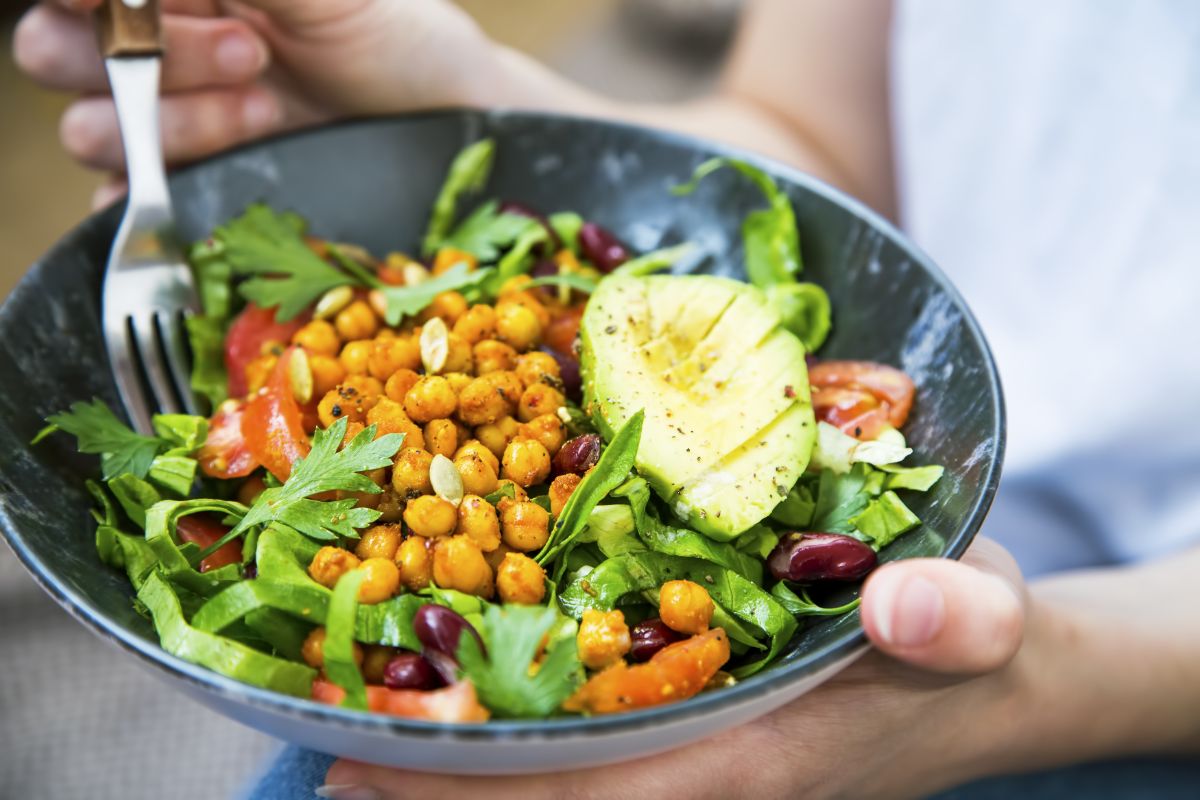Whether you are starting to consider going on a plant-based diet or if your doctor has recently recommended that you go on one, you might be uncertain to do so as you might have concerns over being on a plant-based diet. After all, there are people out there who claim that following plant-based diets might be unhealthy, as vegans are likelier to develop nutrient deficiencies.
This article aims to help address the concerns most have about plant-based diets so you can better set your diet choice.
What Exactly Is a Plant-Based Diet?
As one would likely guess from its name, a plant-based diet involves eating foods mainly from plants, such as fruits and vegetables. However, the diet is not restricted to them, and you may choose to consume other foods like nuts, oils, seeds, legumes, and beans. A plant-based diet does not necessarily have to be vegan, but you should not consume over 3 ounces of meat up to 3 times a week.
Of course, the topic of meat consumption in a plant-based diet is subjective, and some choose to be strictly vegan. At the end of the day, everyone has different nutritional needs, and it is up to you to decide what is best for your body.
Health Benefits of Plant-Based Diets for Seniors
You can usually notice the results of following a plant-based diet just a few weeks after making the change. Some of the benefits you may notice include:
- Improvement in heart health. The American Heart Association acknowledges that following a plant-based diet is one of the key factors to improved heart health. By replacing saturated fats with mono-unsaturated fatty acids from plants, the risk of developing heart disease is greatly lowered. It has been observed that those who follow a plant-based diet are approximately 15 percent less likely to develop heart diseases.
- Memory improvement. Foods like broccoli, cauliflower, and chickpeas lower the amount of cortisol in your body, which has been known to be associated with chronic stress. Chronic stress in turn causes memory problems like dementia, hence eating more of these foods can lower your risk of developing memory-related problems.
- Better sleep. Many plant-based foods are rich in Vitamin B6, magnesium, and tryptophan, which help to boost melatonin levels to ensure you get a good night’s sleep.
- Feel and look younger. Consuming plant-based foods moisturize the skin and heal skin tissue, making you look and feel young again.
- Weight loss. A reduction in cholesterol and sugar levels, combined with a moderate-intensity exercise program proves to be effective for weight loss and even helps to build muscle.
Following a Plant-Based Diet Within Senior Living Communities
It is certainly not easy to commit to a plant-based diet alone, especially if you are already so used to meat consumption for most of your life up until now. It would be easier for you to keep to the plan if you start committing with friends, which is often the case in senior living communities. Here at Discovery Village At Twin Creeks, the community is welcoming, and residents make friends easily. Contact us now to be part of the big family!







